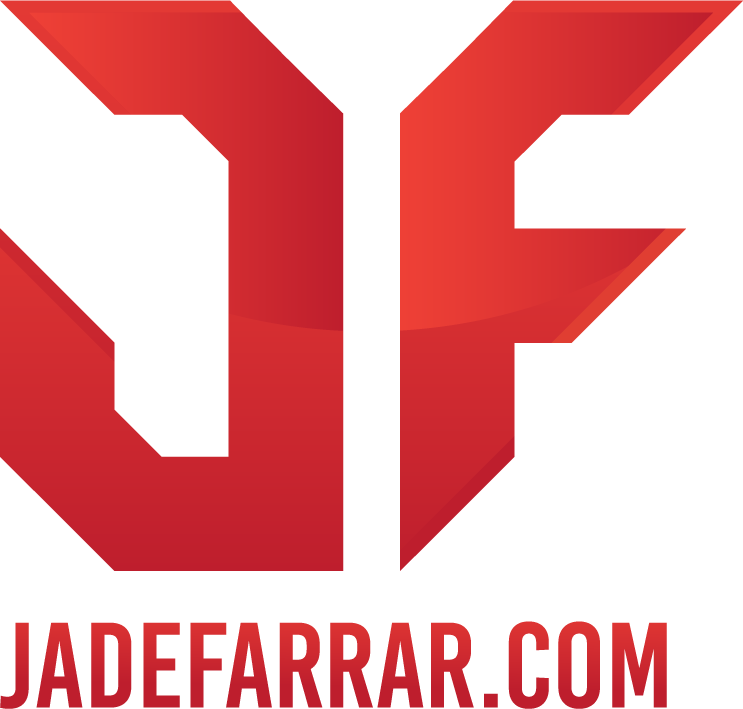Disability community representatives have been dropped from District Health Board governance committees all across Auckland, ahead of a regional merger, claims disabled leader and advocate Ezekiel Robson.
“I was dumped after twelve years of voluntary service with barely a ‘thank you’ from Counties Manukau Health,” said Ezekiel. “It was pretty insincere.” the vision impaired man says of the letter he received after a six month wait for any news regarding his role following the 2016 local body elections.
Age Concern and pacific health representatives were also unexpectedly cut from the advisory committees. The incoming Board Chair Dr. Lester Levy and outgoing CEO Geraint Martin ignored Mr. Robson’s request to meet and discuss the matter.
Robson says that it’s those consumer reps who provide consistency in decision-making amidst revolving political appointments and “unimaginative” public sector managerialism. “We’ve outlasted two CEOs, three Board Chairs, and dozens of elected board members and senior management re-structures.”
Public meeting minutes show Mr. Robson raised his concerns in August 2016 about the DHB losing momentum on improving accessibility by canceling meetings, but was assured this would not happen – except that’s exactly how it has turned out.
It has now been 12 months since the last Disability Advisory Committee meeting at Counties Manukau Health, whereas the combined Auckland & Waitemata DHB committees have maintained the minimum required quarterly meeting schedule.
“I was shocked to hear in July 2017 our advice was no longer wanted,” said ex-Auckland DHB consumer rep Jade Farrar, who was not aware his old committee had already met twice this year in March and June, albeit only with elected board members.
Mr. Farrar subsequently managed to get a telephone meeting with the Chair of the sub-committee to clarify why written notification allegedly sent in January had not reached him.
Farrar is enthusiastic about the Auckland & Waitemata DHB Disability Action Plan which is currently being updated in line with the Government’s recently refreshed national Disability Strategy, but he is concerned about the reduction of input into governance by wheelchair users such as himself, or his colleague, parent Jan Moss, who advocates for her daughter and others with high and complex disabilities.
Moss says “the Public Health and Disability Act encourages a spirit of participation by community representatives, to strengthen better planning and funding decisions regarding hospital and community health services for all people, including those who are our most vulnerable.”
She says that relationships have been damaged by such unprofessional handling of leaders who give their time so willingly. “Our departure had not been pre-empted by any discussion at the previous meeting or any reason given. It was sometime later that I became aware that there were no longer any consumers involved.”
All three are concerned that re-setting community input each election cycle makes the exercise look like tokenism, and less than the co-design partnerships envisioned in the Ministry of Health’s guide on engaging with the disability community.
Ezekiel is somewhat circumspect; “They probably think they can eventually just pick up new consumer reps and carry on like nothing’s happened. But why should our community let them continue to use and abuse our knowledge and expertise like that?”
The trio believes at the very least all consumer reps should continue on as ‘caretaker’ members of the advisory committees until newly elected boards are fully settled in and can then decide if or when to use their powers to replace them.
ENDS
